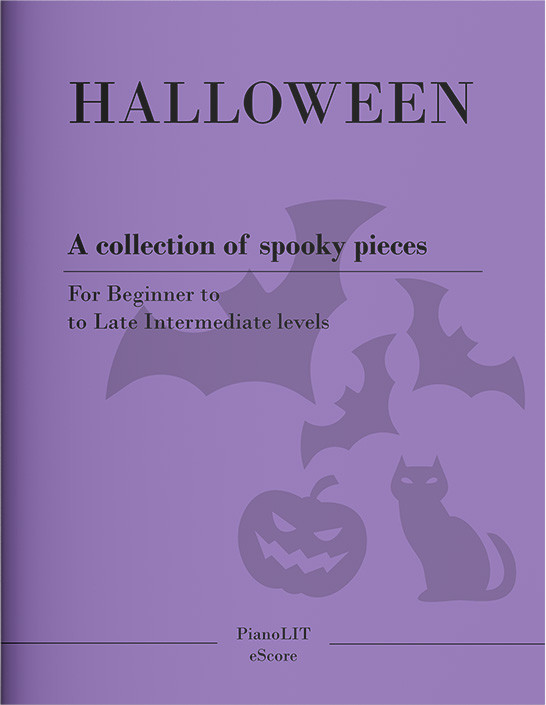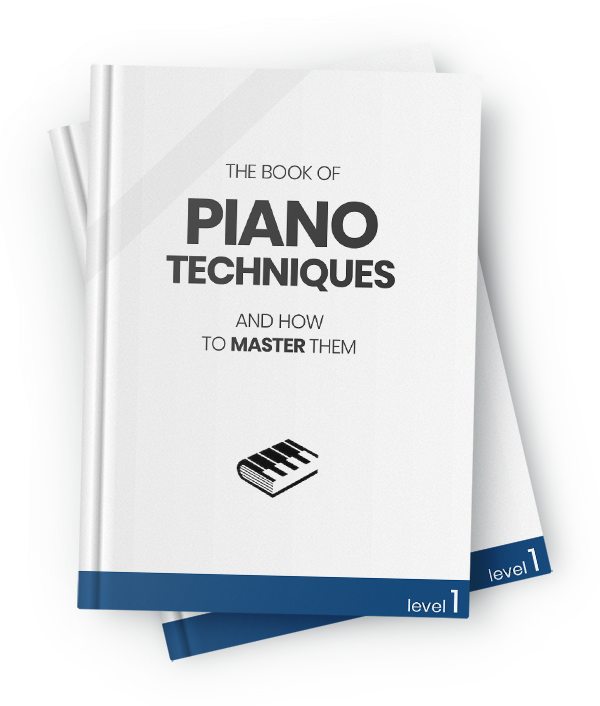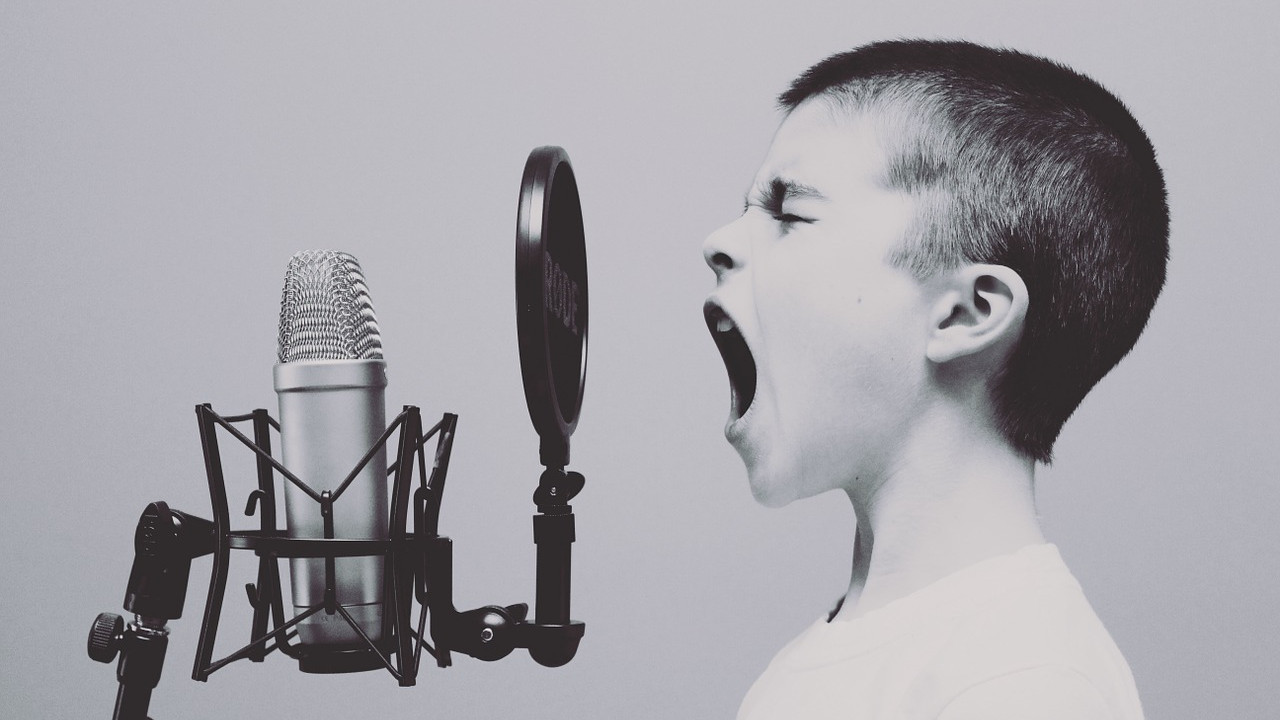The 10 most famous piano makers of our time
Let's take a quick look at the history and facts about the 10 most famous pianos brands and manufacturers: Steinway & Sons, Yamaha, Bösendorfer, Fazioli, Kawai, Bechstein, Baldwin, Blüthner, Mason & Hamlin, and Stuart & Sons.
Sep 11, 2019 • 19 min read
67904
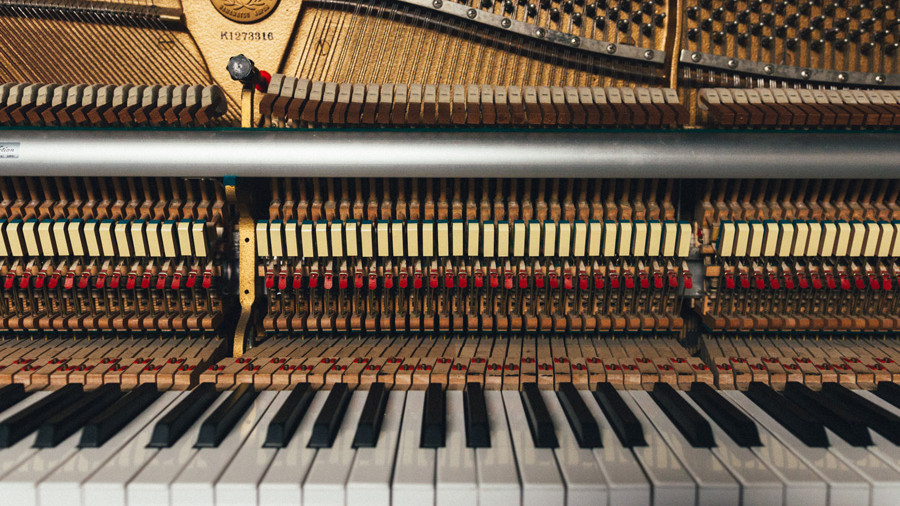
Want a heads up when a new story comes out?
Since its invention in the early 1700s by Italian instrument maker Bartolomeo Cristofori, the piano has been modified and improved to become the instrument we all know today. The number of mechanical parts, the material the strings are made of and even the size of the keyboard have evolved, all in order to accommodate the demands from composers, performers, and audience alike.
Beethoven constantly complained about how pianos in his day didn't have enough sound to express his music. Chopin famously loved the Pleyel piano (famous piano maker during the Romantic period) for its touch and tone. Vladimir Horowitz had great admiration for Steinway & Sons, demanding that his personal Steinway Model D be the exclusive touring instrument during the last four years of his life.
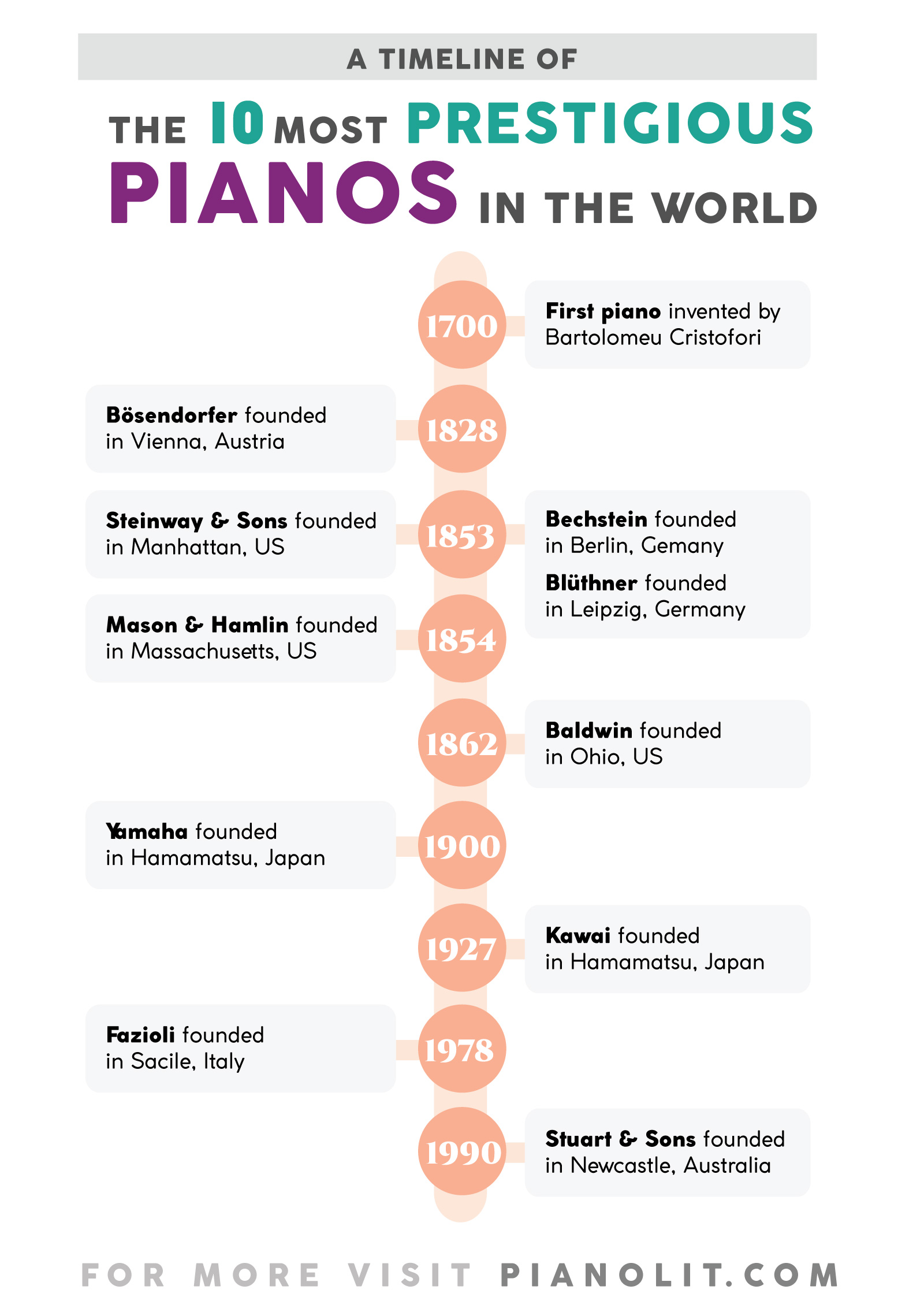
Whether you are looking to get a new piano or just want to learn about the history and particularity of the most prominent piano makers today, here is our list of the 10 most famous piano brands of our time.
10. Stuart & Sons
The youngest piano maker in this list, Stuart & Sons was founded in Newcastle, Australia in 1990. Their models are all handcrafted and stand out for their originality and innovation. The most remarkable contribution they made is certainly the extension of the keyboard length from 88 to 108 keys! This upgrade happened gradually throughout the years, with models that featured 90, 92, 97, 102 and, finally, 108 keys. Why do we need more keys? According to Stuart & Sons:
In 1880, as the piano finally reached 88 notes, we can indeed assume that it was the mere result of those two parameters. Technical possibilities made it rather hard to go further and most composers were satisfied with it. Nevertheless, if the keyboard's range does not evolve for several years, pianists quickly settle into their habits. The more you wait, the more these habits become hard to change, for pianists as well as for builders. This probably explains the stagnation that has been observed for about 130 years.
Another interesting innovation that came along with the extra keys was the implementation of a 4th pedal. The extra pedal will help the pianist deal with the extended tonal range of this unique instrument. All in all, Stuart & Sons contributions over the past decades have been quite remarkable and we look forward to more exciting news in the years to come.
Click here to visit the Stuart & Sons website and learn about their famous pianos.
9. Baldwin
Dwight Hamilton Baldwin was a piano teacher in Cincinnati, Ohio, who founded in 1862 a piano dealership called Decker Brothers. Four years later, in 1866, Lucien Wulsin joined the company as a clerk, but soon became a partner in the new company called D.H. Baldwin & Company. Over the next century, Baldwin established itself as one of the most successful American piano makers until today. The company is proud of that tradition:
Fans of Baldwin pianos love the big “American” sound of the instruments, particularly in the bass area, and the clear “bell-like” quality in the high treble end. Fans of Baldwin vertical pianos love the beautiful cabinetry of the Acrosonic models and the durability of the institutional models.
In 2008 the company stopped the production of its instruments in the United States and moved the factories to China.
Click here to visit the Baldwin website and learn about their famous pianos.
8. Kawai
Kawai is a well-known piano maker all around the world, especially for their affordable models that are attractive to music institutions and private owners alike. The company was founded in 1927 by Koichi Kawai in Hamamatsu, Japan.
In addition to the international reputation built over the decades, the company is proud of its environmental policies:
In 1997, Kawai became the first in the piano industry to receive ISO 14001, the world’s foremost certification for excellence in environmental management. Awarded first to Kawai’s Ryuyo Grand Piano Facility, then to the company’s Maisaka Upright Piano Factory and most recently to Kawai’s Märchen Digital Piano Facility, ISO 14001 recognized exceptional achievement in reforestation, energy conservation, waste reduction and natural resource preservation. This unceasing pursuit of environmental excellence is an integral part of Kawai’s commitment to the future – and to our world.
Click here to visit the Kawai website and learn about their famous pianos.
7. Mason and Hamlin
Founded by Henry Mason in Massachusetts, United States, in 1854, Mason & Hamlin is one of the most prestigious piano makers in the world and is still manufactured in the US. The company originally manufactured organs and started making pianos only in 1883. By then they had already established quite an international reputation and were supplying organs to many prominent composers, most notably Franz Liszt.
In the turn between the 19th and 20th centuries, an era that is known as the "Golden Age" of the piano, many famous musicians aligned themselves with piano makers:
While preserving all the qualities of the percussion instrument, the Mason & Hamlin pianoforst also serves magnificently the composer's concept by its extensive range in dynamics, as well as quality of tone It is not short of being a small orchestra. In my opinion, the Mason & Hamlin is a real work of art
The most notable innovation of this piano is what the company calls the Tension Resonator, which adds strength and rigidity to the rim (the body of the piano) by locking it into its permanent shape. Mason & Hamlin was acquired by Bugett, Inc in 1996.
Click here to visit the Mason & Hamlin website and learn about their famous pianos.
6. Bechstein
The Bechstein manufacturer was founded by Carl Bechstein in Berlin, Germany in 1853, a year that also saw the creation of two other giants in this industry: Blüthner and Steinway & Sons. The second half of the 19th century was certainly a great time to be working with pianos, whether as a composer, publisher or manufacturer. The western world was celebrating piano music like never before and none other than Franz Liszt was in the height of his career, inspiring audiences all over Europe. Piano makers were constantly improving their instruments, so they could withstand the demands made by performers and composers of the time. An account from the Bechstein website explains that in detail:
But the year’s major event (1856) is a concert given by Liszt in Berlin, during which the strings of the Érard piano break one after the other under the maestro’s particularly powerful play — which prompts Bechstein to make a really modern concert grand that can withstand as ardent a pianist as Liszt.
The first public performance on a Bechstein piano was made by Hans Von Bülow, great German conductor, virtuoso pianist, and first husband of Liszt's daughter Cosima. Bülow played Liszt's epic B minor piano sonata.
After the Second World War, when the Bechstein factory in Berlin was destroyed, the company struggled to continue its century-old successful business. The construction of the Berlin Wall in 1961 made that reality ever harder, the company changed ownership several times and was finally sold to the American manufacturer Baldwin, in 1963.
Bechstein pianos are still today regarded as among the world's finest. Watch below the full documentary made by award-winning director Tom Nitsch.
Click here to visit the Bechstein website and learn about their famous pianos.
5. Yamaha
Founded in 1900 by Torakusu Yamaha, the company is the world's largest piano manufacturer today. About 60 years after its creation, the company established itself in the US and by 1965, it was already was producing more pianos than any other manufacturer.
Like all other major piano makers, the Yamaha sought to align itself to the great pianists of its time. German pianist Wilhelm Kempff was the performer at a banquet to release a new concert grand and he said that the piano was "one of the top pianos in the world". During Richter’s first Japanese tour in 1970, he performed on a Yamaha concert grand with the serial number 1000000 (the one-millionth piano made by Yamaha). Glenn Gould famously purchased two Yamaha concert grands in 1980 and used them in his last 3 albums, including his second reading of J.S. Bach’s Goldberg Variations, now regarded as an all-time classic.
One of their most interesting innovations is the Yamaha SH Silent Piano. In short, it allows you to "turn the sound off" and play with headphones. And no, it is not an electric piano, it is a regular acoustic instrument. See the video below for more details.
Click here to visit the Yamaha website and learn about their famous pianos.
4. Blüthner
The company was founded by Julius Blüthner in Leipzig, Germany in 1853. The Blüthner family still runs the company that has made its way into one of the most respected and renowned piano makers in the world. The famous German pianist Wilhem Kempff was an admirer of Blüthner pianos and praised their instruments as "precise" and having "unrivalled beauty". Here are some other remarkable endorsements that speak for themselves:
There are only two important things which I took with me on my way to America. It's been my wife Nataja and my precious Blüthner
The tone he extracted from the Blüthner was the loveliest, the most elusive and ethereal I have ever heard
This Blüthner had the most beautiful singing tone I have ever found. (...) The piano inspired me. I don't think I ever played better in my life
The Blüthner factory was destroyed in 1943 by an air raid during the Second World War, but it was rebuilt two years later in 1945. The company certainly holds its position as one of the top piano makers in the world, still producing some of the finest instruments we can find in the market.
Click here to visit the Blütner website and learn about their famous pianos.
3. Bösendorfer
The oldest manufacturer in this list, Bösendorfer was established in 1828 by Ignaz Bösendorfer in Vienna, Austria. It is well-known for making pianos of the finest quality since early on in its history. Just 2 years after its foundation, it was granted in 1830 the status of the official piano maker to the Emperor of Austria, then Holy Roman Emperor Francis II.
Bösendorfer was one of the first manufacturers to extend the typical 88-key keyboard, creating a model with 97 keys (or eight octaves). The acclaimed Italian pianist Busoni initially ordered this innovation in 1909 as part of a custom piano, as he wanted to transcribe an organ piece that extended to the C below the standard keyboard.
The company, since 2007, is owned by the Yamaha Corporation. Bösendorfer remains a highly respected brand, creating some of the best and most expensive pianos in the world.
Click here to visit the Bösendorfer website and learn about their famous pianos.
2. Fazioli
The Fazioli manufacturer was founded in Sacile, Italy, in 1978 by engineer and pianist Paolo Fazioli. It wasn't long until many renowned pianists endorsed the brand and begun requesting its instruments for their concerts. In one of such occasions, the famous pianist Alfred Brendel chose a Fazioli piano for his concerts in 1985.
Among its innovations, Fazioli offers a concert grand model that includes a fourth pedal. This pedal brings the hammers closer to the strings, making the piano sound softer without losing its tone (an issue created by the standard soft pedal).
Fazioli's rapid growth is remarkable considering that the golden age of the piano is long gone. The company today holds its place among the very best and most expensive piano manufacturers in the world.
Click here to visit the Fazioli website and learn about their famous pianos.
1. Steinway & Sons
Years before founding the company, Heinrich Englehard Steinway built his first piano in the kitchen of his home in Germany (this piano is currently on display at the Metropolitan Museum of Art). The Steinway family moved to the US in 1850 and 3 years later, in 1853, the famous Steinway & Sons was founded in Manhattan.
Over the next century, Steinway became the world's most prestigious piano manufacturer. The company was endorsed by nearly all major pianists of the time, most notably Vladimir Horowitz. In January of 1928, Horowitz and Rachmaninoff met in the basement of Steinway Hall. There they played Rachmaninoff’s Third Concerto.
In early 1970, due to financial struggles and management problems related to the Steinway family, the company was sold to CBS. The purchase was not a successful one and Steinway saw its sales numbers drop even further. In 1985 CBS sold the piano company to a group of Boston-area investors. The new company was then sold again in 1995 to Selmer Industries (an American music manufacturer), a transaction that created a new music conglomerate named Steinway Musical Instruments. Finally, in 2013, the conglomerate was sold to private investment firm Paulson & Co. Inc for $512 million.
The company also offers 2 other brands: Boston and Essex. Both are intended to reach the entry to mid-level markets. It is important to note, however, that these pianos are not manufactured by the Steinway company. Boston is manufactured by Kawai, in Japan, and Esses by Pearl River, in China.
Steinway continues to lead the industry, featuring their pianos in most concert venues and prestigious music institutions of the world.
Click here to visit the Steinway & Sons website and learn about their famous pianos.
- Ehrlich, Cyril (1990). The Piano: A History. Oxford, United Kingdom: Oxford University Press. ISBN 978-
- https://en.wikipedia.org/wiki/Steinway_%26_Sons
- https://shackellpianos.co.uk/bosendorfer-pianos
- https://www.taylorsmusic.com/baldwin-story/
- https://showcasepianos.com/fazioli-pianos/
- https://www.oxfordmusiconline.com/grovemusic/abstract/10.1093/gmo/9781561592630.001.0001/omo-9781561592630-e-0000042578?_start=1&pos=1&q=fazioli&search=quick#firsthit
- https://www.oxfordmusiconline.com/grovemusic/view/10.1093/gmo/9781561592630.001.0001/omo-9781561592630-e-0000003320?_start=1&pos=1&q=bluthner&search=quick#firsthit
